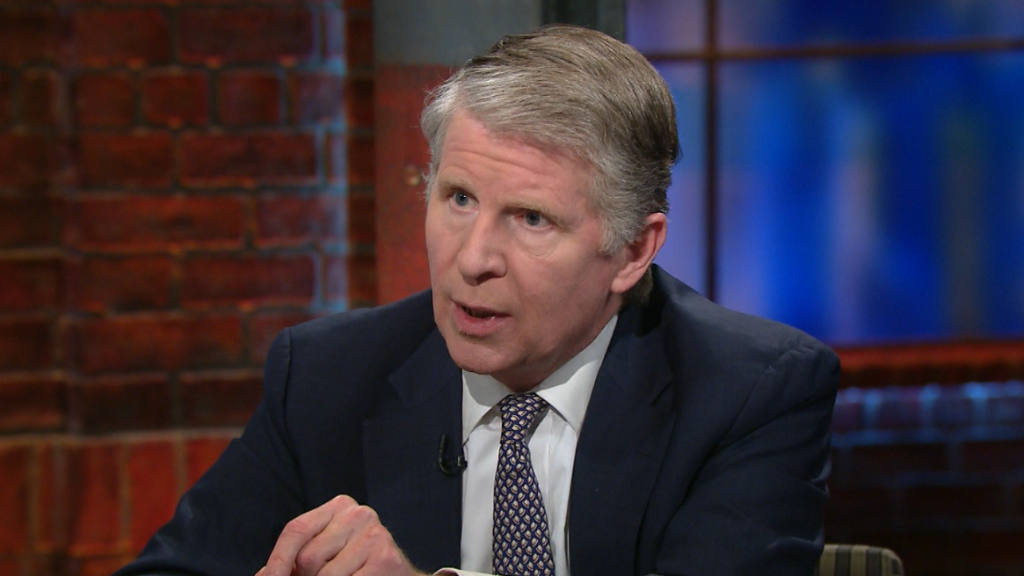
With the battle between Apple and the U.S. government and law enforcement in full flow, we will all have to face some very uncomfortable, harsh truths.
Which do we value more: Our personal data security or the risk of not helping law enforcement prevent further murder and mayhem?
Or, to put it another way: Who do you trust more with your safety? Apple or the FBI?
The Department of Justice has asked a judge to force Apple to help the FBI access an iPhone used by one of the San Bernardino shooters.
Apple's CEO Tim Cook very publicly rejected the initial request. In a message to Apple customers he said "compromising the security of our personal information can ultimately put our personal safety at risk."
Apple's position: We can't help the government because we don't have access to the data. If we create a "backdoor" into people's phones in this case, the backdoor will exist for bad actors as well, including cybercriminals.
The authorities say they are not seeking a 'superkey' that would unlock all phones. Rather they want to be able to re-progam a specific phone -- with a court order -- so they can guess the passcode without all the data being wiped clean after 10 failed attempts. Once the software is changed, law enforcement computers can automatically use 'brute force' to bombard the phone with combinations until they find the right one.
The argument is pure semantics. Creating software to defeat the autowipe and allow a code hack is in effect is the same thing as creating a superkey.
But if we are to deny the FBI's request, we need to think very carefully about the consequences and ask ourselves: "Are we prepared to pay the price?"
In November of last year, the Manhattan District Attorney's office released a report that said that there had been 111 cases in which they were unable to gain access to a device, despite having a court order. More recently, Cyrus Vance Jr., the Manhattan DA, has pointed to 175 cases.
Last fall, Vance told me, "What we need to understand as a country is that if you do not provide access at all to these devices, public safety is going to suffer."
As for tech companies' concern that such access will create more risk, Vance tartly said: "Apple and Google are not responsible for keeping the public safe. That is the job of law enforcement."
General Michael Hayden, the former head of the NSA, surprisingly sides with Apple. "I know encryption represents a particular challenge for the FBI," Hayden said at a speech in January. "But on balance, I actually think it creates greater security for the American nation than the alternative: a backdoor."
Now we as a society must come to our own decision.
I think we must accept that in some crime investigations, data on phones could help law enforcement. And if we deny them access, we can't complain when the worst happens.
I am not taking sides in this dispute. I am asking you to think, when you hear of the next terrorist atrocity -- bomb on a plane; attack on a music concert; shooting at a café -- will you wish more had been done? My point is that neither choice is pain free. It comes down to the fundamental question of the price we are prepared to pay for privacy in the digital age.
Richard Quest is CNNMoney's editor at large and anchor of Quest Means Business. The opinions expressed in this commentary are his.

